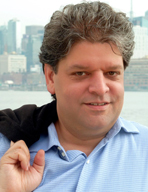
Aldo Civico is a leading peace-building strategist and a conflict resolution expert. He is the founder and the director of the International Institute for Peace at Rutgers University, Newark. An anthropologist, he is currently assistant professor in the Department of Sociology and Anthropology at Rutgers University. In Italy he is the author of La Scelta (Piemme, 1993), the intellectual biography of Ennio Pintacuda, the m [ ... ]
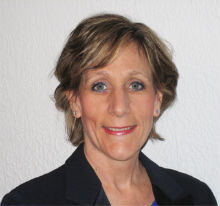
Beth Fisher-Yoshida is a faculty member and the academic director of the Negotiation and Conflict Resolution program. She is also a lecturer in the Social and Organizational Psychology Program at Teachers College, Columbia University. Dr. Fisher-Yoshida teaches classes in conflict resolution and related fields and conducts participatory action research. She is the founder of FYI Fisher Yoshida International, LLC, a firm t [ ... ]
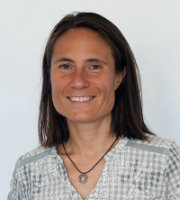
Dr. Sandra Schmidt works as an Assistant Professor of Social Studies at Teachers College. Her research interests include geography education, critical social theory in geography, civic education, social studies education, postcolonial theory, and gender and queer theory. In the past, she has worked on education initiatives in Malawi, South Sudan and Ethiopia, and taught secondary social studies within the Unit [ ... ]
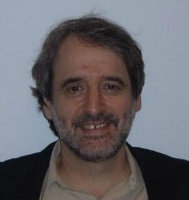
Ted Perlmutter is a technology consultant and information systems architect. He is responsible for Web site coordination and database development, and has been involved in creation of the Religious Peacemaking Database project. Perlmutter’s research interests focus on how Internet technology can promote knowledge networks among political and social activists. Presently a visiting fellow at the Center for Europ [ ... ]

Dr. Shahar Sadeh is the Director of the Faculty Engagement Program at the Jewish Community Relation Council of NY. Since 2014 she has been working with faculty members all across NYC to create and enhance nuance discussions about Israel and the Israeli Palestinian conflict on university and college campuses. She curated and led many academic events, workshops as well as academic study tours to Israel and the Palestinian [ ... ]
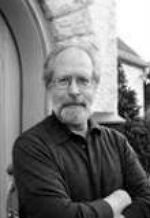
Jonathan Rieder joined the faculty of Barnard College in 1990 and chaired the department from 1990 through 2003. He previously taught at Yale University and Swarthmore College. In addition to his teaching in the Sociology Department, Professor Rieder is affiliated with Barnard's programs in American Studies, Jewish Studies, and Human Rights Studies. A member of the graduate faculty of Columbia University’s Sociology [ ... ]
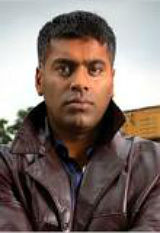
Sudhir Venkatesh is William B. Ransford Professor of Sociology, and the Committee on Global Thought, at Columbia University in the City of New York. His most recent book is Gang Leader for a Day(Penguin Press). Gang Leader received a Best Book award from The Economist, and is currently being translated into Chinese, Korean, Japanese, German, Italian, Polish, French and Portuguese. His previous work, Off the Books: The Und [ ... ]
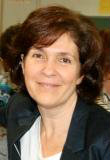
Karen Barkey is Professor of Sociology and History. She studies state centralization / decentralization, state control and social movements against states in the context of empires. In her recent work she has also explored the issue of toleration and accommodation in pre-modern empires. Her research focuses primarily on the Ottoman Empire, and recently on comparisons between Ottoman, Habsburg and Roman empires. Her firs [ ... ]
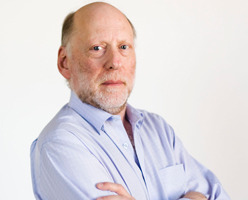
Todd Gitlin is professor of journalism and sociology and chair of the Ph. D. program in Communications at Columbia University. He holds degrees in three different subjects: mathematics (B.A., Harvard), political science (M.A., Michigan), and sociology (Ph.D., Berkeley). Along the way, he became a political activist in the New Left of the 1960s, contributed to the so-called underground press, and began to write books. Gi [ ... ]
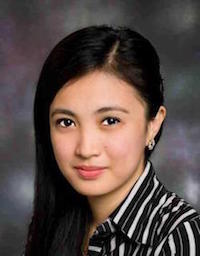
Dahlia is a visiting PhD student at AC4 from the Australian National University. Her dissertation is examining how United Nations transitional administrations in Cambodia, Kosovo, and East Timor incorporated local perspectives into their post-conflict rebuilding strategies. She focuses on four crucial areas according to the rebuilding component of the 2001 Responsibility to Protect (R2P) document: security, justice [ ... ]